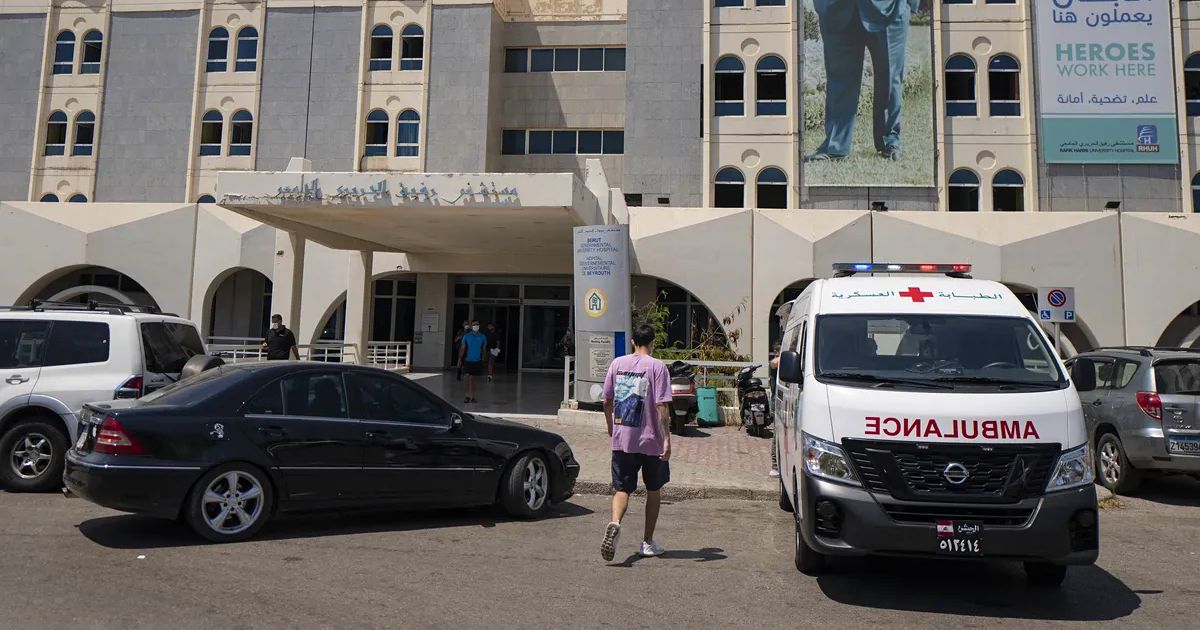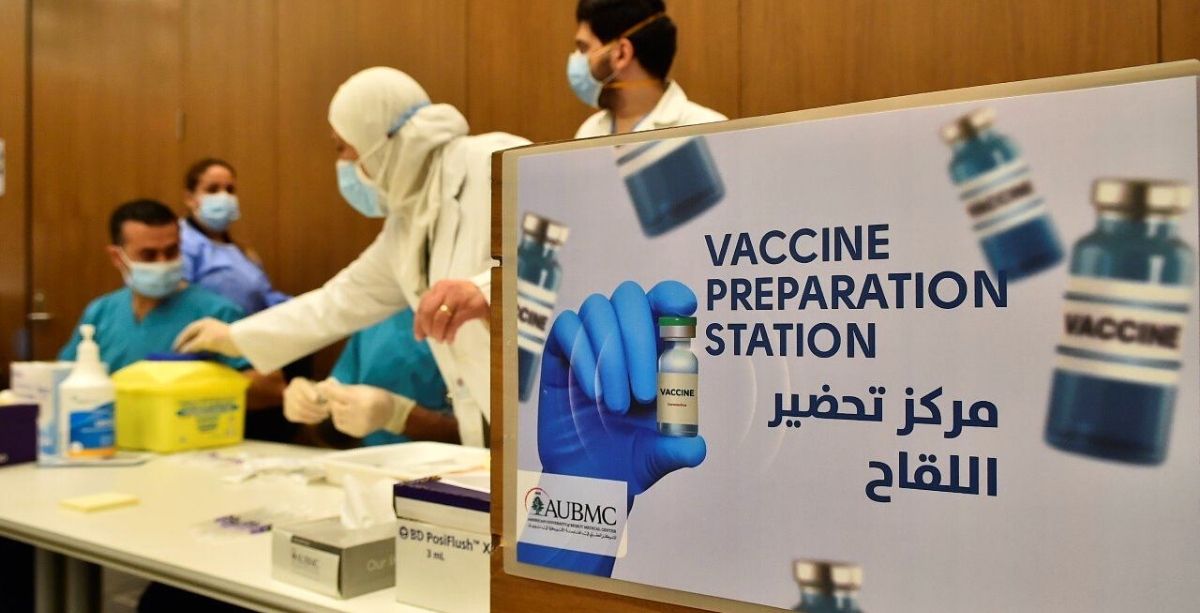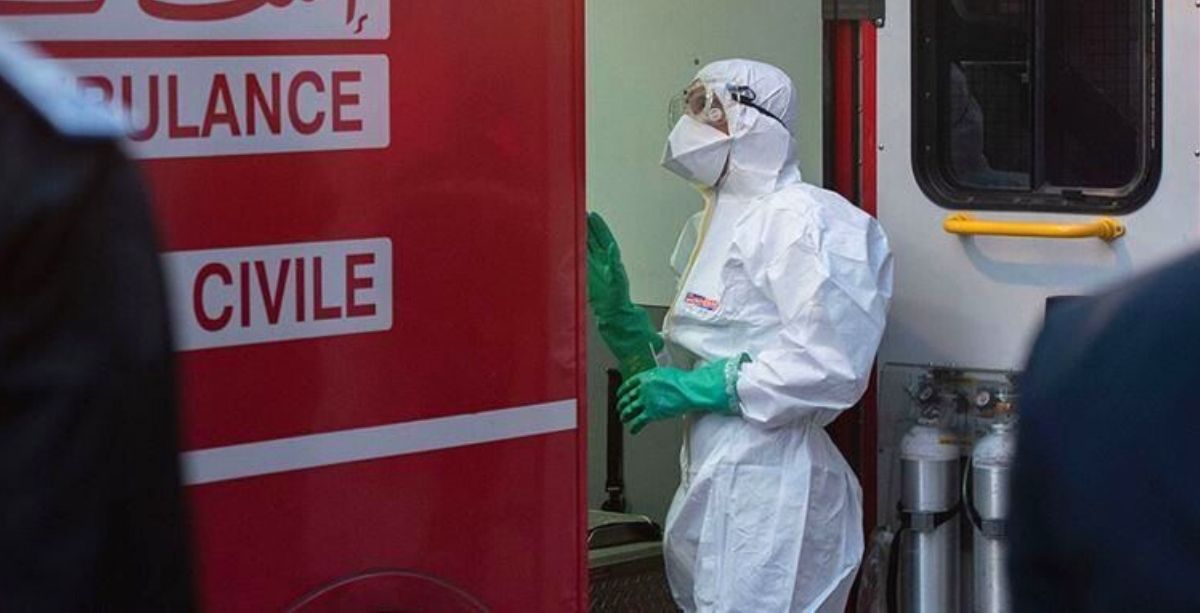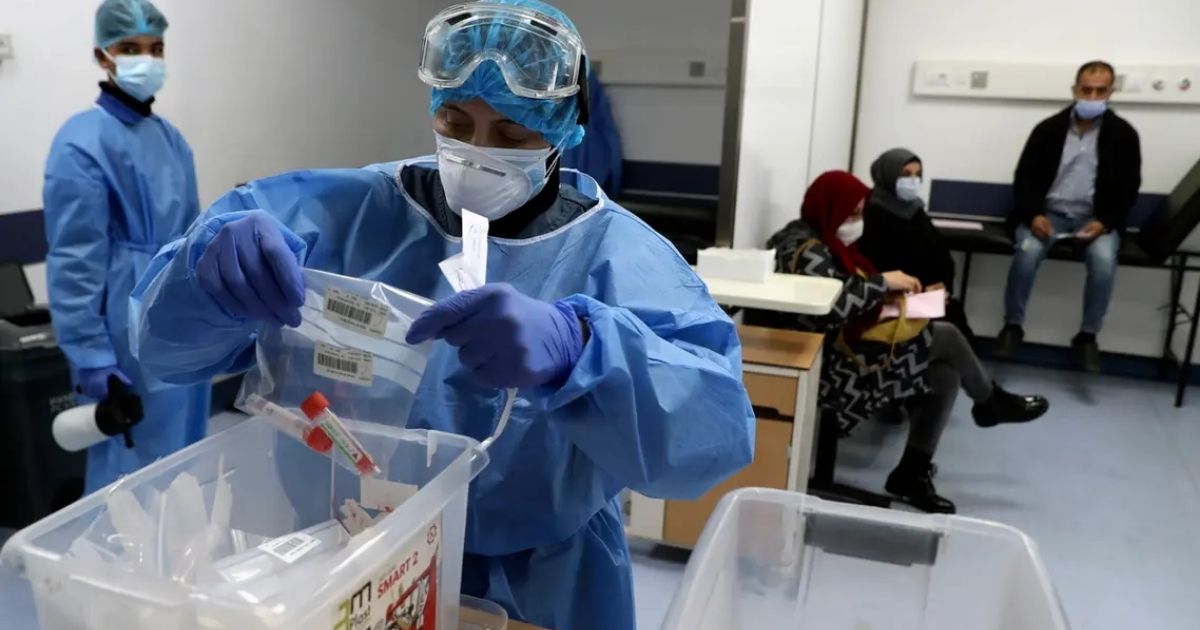If you have one or more symptoms similar to that of coronavirus (COVID-19), you must take steps to ensure you get the necessary medical attention while avoiding spreading the virus to others.
The Lebanese Ministry of Public Health has a 2-phase plan of action for people who suspect they’ve contracted the virus.
1. Coronavirus infection control measures
When you suspect you might have the novel coronavirus, you should immediately follow procedures to prevent transmitting the infection to your environment.
These procedures include:
- Wearing a medical face mask to keep other people safe.
- Washing hands frequently with water and soap to avoid contaminating surfaces and objects.
- Completely refraining from all forms of close contact with other people, such as handshakes, hugs, and kisses.
- Keeping a distance of at least 2 meters from other people.
- Covering coughs and sneezes properly, using paper tissues or the crook of the elbow. After using a tissue, immediately dispose of it and wash hands with soap and water.
2. Going to the hospital
Before heading to the hospital’s emergency department, the patient should call in first to perform an initial evaluation of their condition.
Moreover, calling ahead of time allows the hospital to prepare to receive the new case and undergo proper infection control measures. The following is a list of phone numbers of Lebanese public health authorities:
- Ministry of Public Health COVID-19 hotline: 76-592699. Call this number if you feel symptoms of the coronavirus.
- Lebanese Red Cross hotline: 140
- Rafik Hariri University Hospital: 01 830 000
- Ministry of Public Health general/inquiries hotline: 1214
- Service of Preventive Medicine: 01/843769 – 01/830300, Ext: 435-436-437
- Center of the Quarantine at Beirut Airport: 01/629 352
Going to the hospital in case of possible COVID-19 infection is a very important step that must not be ignored. Make sure you call first so that they can expect you and you don’t infect others in the waiting room.
Once the emergency department receives a new suspicious case, it evaluates the patient and deduces whether or not they need to be quarantined and examined further.
And if the person turns out to have coronavirus, the hospital takes additional measures to identify the source of the infection of that case. Additionally, when a new case is confirmed, the hospital:
- Intensifies infection control measures and quarantines the patient.
- Informs the Ministry of Public Health of the new case.
- Collects clinical samples from the patient for laboratory testing.
- Provides medical care for the patient.
- Identifies individuals who have been in contact with the patient and monitors their health.
Home Self-Quarantine instructions
In case the hospital instructs you to adhere to self-quarantine at home, commit to the following guidelines:
- Do not leave your house for 14 days straight; refrain from going to work, school, public places, and all social settings.
- Stay in a windowed, well-ventilated room separated from the rest of the household members.
- Have family or friends provide you with food, water, and other supplies at the entrance of your isolated room/house without close contact with them.
- Wash your hands frequently and thoroughly for at least 20 seconds at a time.
- Do not receive visitors during the entirety of your self-quarantine period.
- It is preferable to use a separate bathroom from the rest of the household members during this period. If that is not an option, the shared bathroom should be thoroughly cleaned after each use.
- Do not share cups, utensils, towels, or any bed with anyone at home.
- Place your garbage in a separate plastic bag and put that in another bag before throwing it away.
Self-Isolation
Sometimes you may have symptoms but not confirmed for coronavirus. You may be instructed or choose to voluntarily go into self-isolation. This means you follow the above steps to be responsible and not infect others just in case until you get better.
Click here for information regarding the common symptoms of the COVID-19 coronavirus, and here to learn how to protect yourself and others from contracting the virus.











